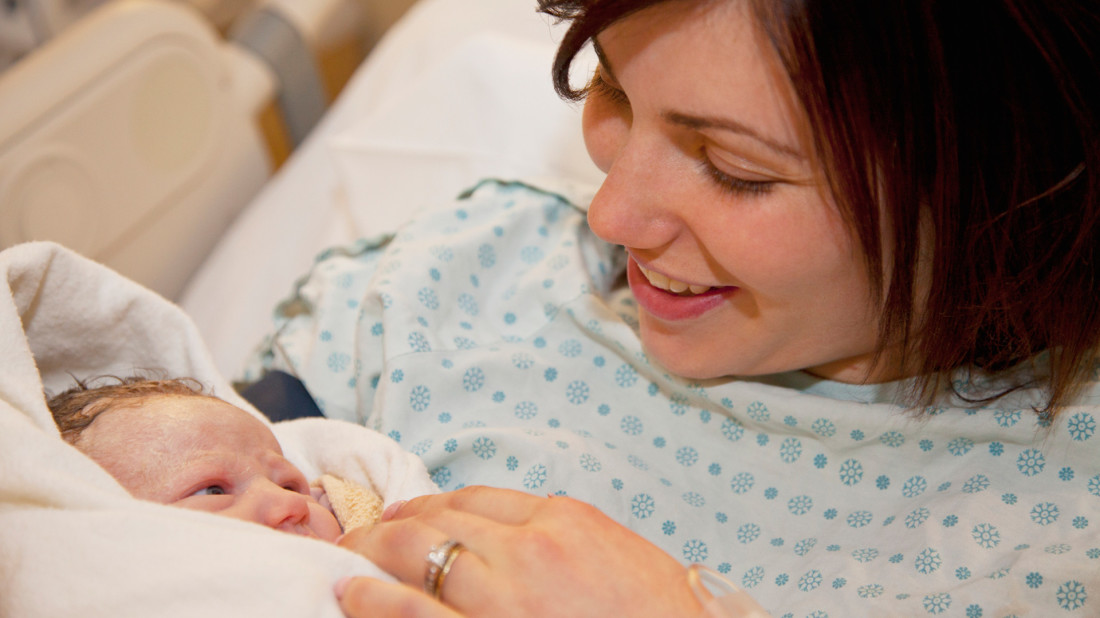By Zoe Quint
The phrase, “What if?” is a tricky one: it allows you to think about other possibilities, other scenarios, or what could have been. In some cases, this phrase may allow you to think up new opportunities or encourage personal growth. But more often than not, this phrase is uttered with a negative connotation, when your fears lead you to conjure up stressful and worrisome imaginary situations. This is common for moms going through the birth process, even if it is not your first pregnancy. With all the changes happening in your body, and the miracle that is developing in your womb, most expecting parents have high expectations and hopes, which go hand in hand with fear and worry.
Some frequent worries that moms have about birth include fearing the pain of childbirth, or a sense of anxiety over not being able to get to the hospital in time. These thoughts are valid, and it is very important to acknowledge these feelings during your pregnancy. For women who have experienced a premature birth in a prior pregnancy, the fears may be whether a similar complication will happen again and whether the baby will need to spend some time in the NICU (neonatal intensive care unit). The best thing you can do for yourself is to speak with your doctor and become educated on what you can expect when you begin to go into labor.
In certain instances, the “What if?” expression can come in handy: it can help you prepare for the unexpected. This is especially important if complications arise during pregnancy or birth. This includes the potentiality of an early term birth, or complications during birth itself that result in your baby being transferred to the NICU. Pebbles of Hope has a wealth of online resources that many parents might find useful or informative.
I want to clarify that I am not encouraging that you or your partner should agonize over all the things that can potentially happen during the length of your pregnancy, your labor or delivery. Rather, I mean to emphasize that you should strive to become well informed about what could happen, and being able to think about your decisions should an unexpected choice need to be made.
Lastly, I want to reiterate that everyone going through pregnancy will have their own concerns, worries, thoughts, hopes and dreams for themselves and their baby as they go through this process. This is wonderful and you shouldn’t be afraid to acknowledge these emotions. But don’t let your thoughts consume you; do all that you can to prepare yourself physically and mentally for what you begin to expect, but remain open-minded. You are doing your best, and that is the greatest thing you could ever do to help welcome your child into this world.


No Comments